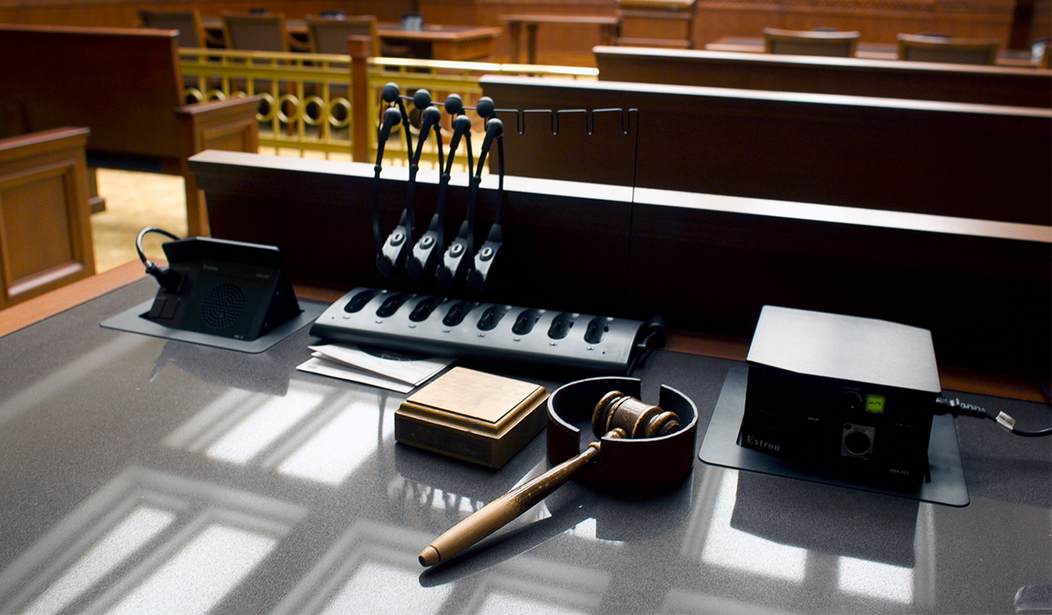Cashless bail has ravaged law and order in states such as New York, yet other liberal states have still been looking to follow suit. Illinois, for instance, was set to implement such a system on January 1. On Wednesday, however, just days before the provision of the "SAFE-T Act" was set to take effect, a judge ruled that the cashless bail portion was unconstitutional.
The ruling came from 21st Circuit Court Judge Thomas Cunnington. As a report from NBC Chicago highlighted, "Cunnington's ruling held that the SAFE-T Act violated the Separation of Powers Clause, the Victim Rights Act, and unconstitutionally amended Article I, Section 9 of the state's constitution, which codified cash bail in the state."
A subsequent report explains that "Cunnington ruled that since cash bail is specifically mentioned in the state constitution, it would be needed to put before voters and would therefore require an amendment to remove."
Other parts of the "SAFE-T Act" have been upheld, including requiring that police wear body cameras and a ban on all police chokeholds.
Some parts of the legislation have been in effect for more than a year, according to a press release from Illinois Attorney General Kwame Raoul that was released after the decision.
That press release made clear that he "intend[s] to appeal the circuit court's decision directly to the Illinois Supreme Court, where we will ask the court to reverse the circuit court's decision." The court is made up of five Democrats and two Republicans.
My statement in response to the Kankakee Court's opinion on the SAFE-T Act: pic.twitter.com/W0rMeJ0CFM
— Illinois Attorney General (@ILAttyGeneral) December 29, 2022
Raoul's press release also mentions that those parts of the legislation will still go into effect in counties not party to the suit, as "it is important to note that it is not binding in any other case, including those involving criminal defendants in any of the state’s 102 counties."
Recommended
NBC Chicago noted that the lawsuit "brought forth by more than three dozen prosecutors and sheriffs across the state challenged the act, resulting in plaintiffs in 64 counties naming [Gov. J.B.] Pritzker, as well as Attorney General Kwame Raoul, Senate President Donald Harmon and Speaker of the House Chris Welch as defendants."
The press release also later notes that "the right of individuals awaiting criminal trials – people who have not been convicted of a crime and are presumed innocent – to seek release from jail without having to pay cash bail will go into effect in a few short days, despite the court’s ruling against those provisions."
In November, Ohio voters had the chance to vote on bail reform, overwhelmingly favoring judges having a say in determining bail. By 77.5 percent to 22.5 percent, voters in Ohio supported amending the state constitution to read that "When determining the amount of bail, the court shall consider public safety, including the seriousness of the offense, and a person's criminal record, the likelihood a person will return to court, and any other factor the general assembly may prescribe."

























Join the conversation as a VIP Member